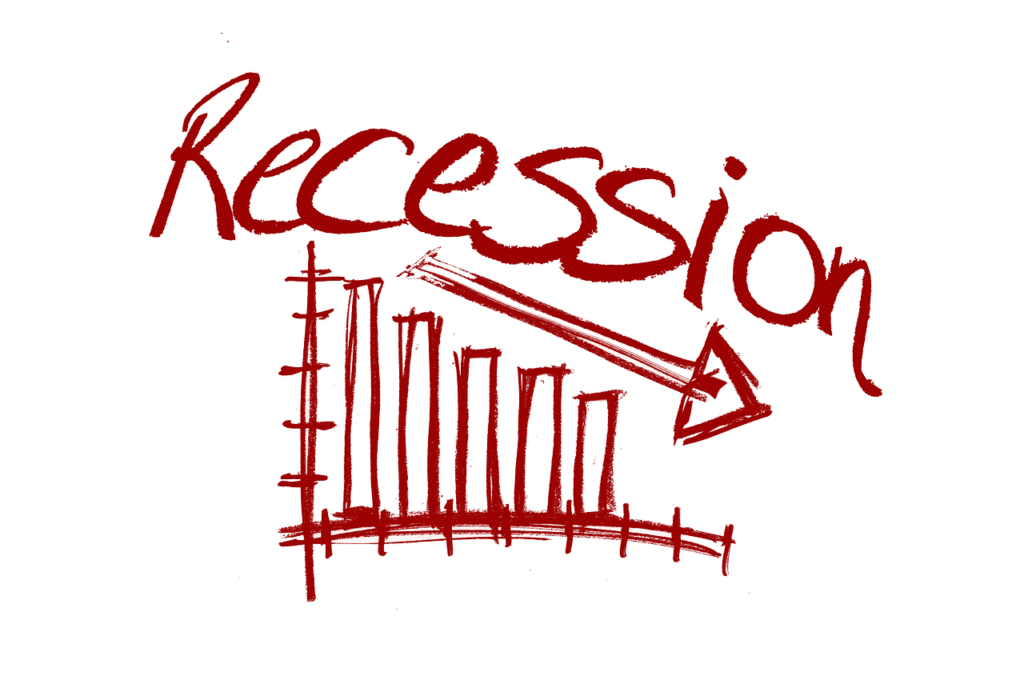Economic recessions might be unpredictable, but how you respond to them doesn’t have to be. Whether it’s job loss, inflation, or market volatility, you can take control of your financial future with a smart, steady approach. Here’s how to save, invest, and manage your money when the economy takes a hit.
1. Don’t Panic — Prepare
“Recessions are inevitable. Panic is optional.” — Morgan Housel
A calm, proactive mindset is your best asset. Use the downturn as a chance to build resilience, not regret.
2. Build or Rebuild Your Emergency Fund
- Aim for at least 6 months of essential expenses.
- Start small: ₹500/week in a high-interest savings account or liquid mutual fund is a good beginning.
Don’t treat this as an “oops I spent too much” backup — this is your lifeboat, not a shopping fund.
3. Audit and Cut Back Spending
- Track every rupee for 30 days.
- Cut unnecessary subscriptions and renegotiate bills.
- Buy in bulk, cook at home, and pause big lifestyle expenses.
This is about survival, not sacrifice — and a recession is a good excuse to develop healthier financial habits.
4. Avoid New Loans and Clear Existing Debts
- Avoid taking new EMIs unless absolutely essential.
- Focus on clearing credit cards or high-interest loans.
- Use either the Avalanche or Snowball method for debt repayment.
5. Keep Investing — But Be Smart
- Stick to your SIPs. You’re buying more units during a dip — that’s good.
- Diversify across mutual funds, gold ETFs, and fixed income options.
- Don’t try to time the market. Consistency beats prediction.
“The best investors stay calm when others are panicking.” — Warren Buffett
6. Upskill and Build a Second Income
- Learn digital skills: content writing, coding, marketing, design.
- Take up freelance gigs, online tutoring, or start a side hustle.
- A second income is no longer optional — it’s a safety net.
7. Delay Major Life Decisions
If you were planning to buy a car, house, or take an expensive trip — wait. Unless your financial cushion is rock-solid, focus on stability, not expansion.
8. Take Care of Your Mental Wealth
- Financial stress affects mental health — and vice versa.
- Limit doomscrolling; follow financial education, not panic.
- Talk to advisors or mentors; join communities with positive financial goals.
Final Thoughts
A recession isn’t the end of the world — but it is a wake-up call. With the right habits and mindset, you can come out stronger, smarter, and wealthier in the long run.
- Save regularly
- Spend wisely
- Invest with patience
- Diversify your income
- Stay calm
Because what you do during a recession can define your financial freedom for years to come.

